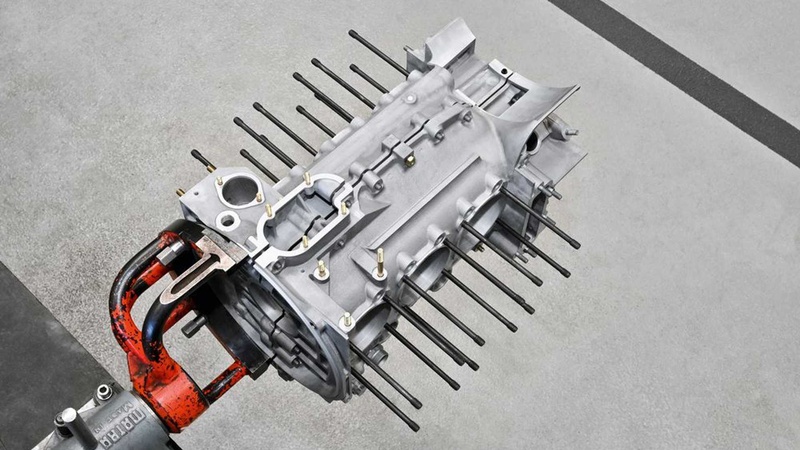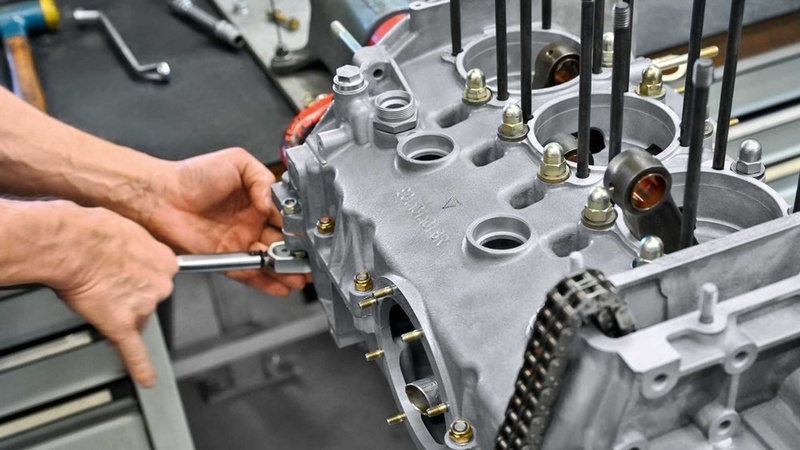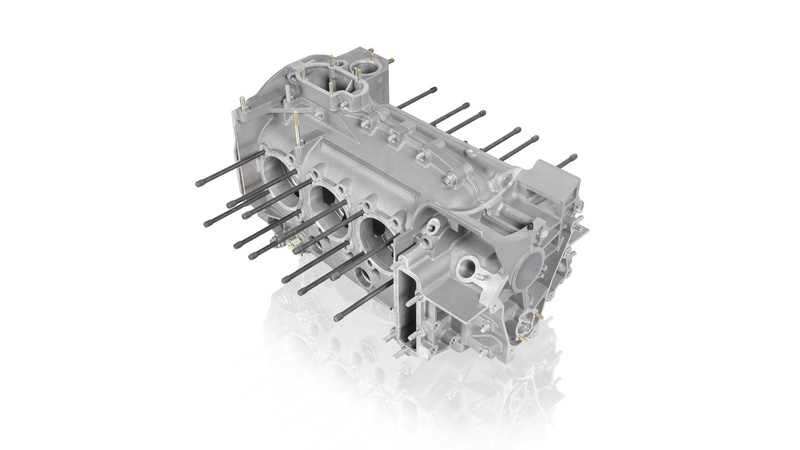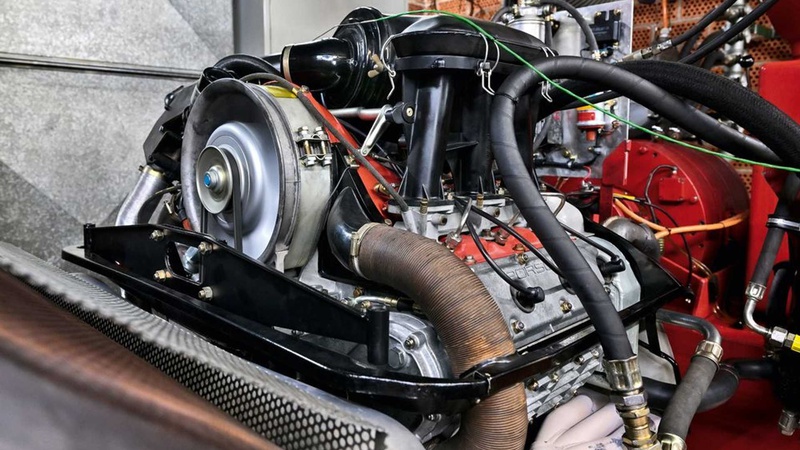Porsche has recently unveiled new magnesium crankcases for classic 911 models that are built between 1968 and 1976, offering owners of F and G series vehicles with 2.0, 2.2, 2.4, and 2.7-liter engines an option to replace the old parts. The new parts are straight from the factory and can be purchased from any Porsche Classic partner or a standard Porsche dealership.
The German automaker decided to reissue the crankcases because of the struggles that owners have been facing while maintaining their classic 911s. The automaker stated that until now, owners had to weld cracks or use parts from wrecked cars, neither of which was ideal in the long run, as even the tiniest imperfection in a crankcase could lead to catastrophic failure.
According to Ulrike Lutz, Director of Porsche Classic, "This reissue closes another gap in our range of spare parts, making it possible to build completely new engines for most classic 911 models." Porsche Classic has already begun working on replicas of crankcases for other generations of the 911.




Magnesium Crankcase For Classic 911
The production of the new crankcases was more complex than the aluminum crankcases built for post-1990s cars. First, Porsche had to make blanks, which it did by reproducing the racing engine from the Porsche 962. The engineers then had to decipher old drawings with production-related information. So, Porsche went through its part list and even resorted to interviewing former staff members.
The German automaker then used modern production methods to create the crankcases. It provided CAD data to a third-party supplier that used sand casting. After the casting, over 50 different cutting, drilling, and milling tools were used to remove about three to four-hundredths of a millimeter.
To ensure the quality of the crankcase met Porsche's standards, it was inspected by 3D measuring probes that scanned over 1,300 control dimensions. In addition, the automaker put the new crankcase through rigorous testing before giving it the green light. Engineers equipped a 911 Carrera RS 2.7 with a magnesium crankcase and various sensors and put it on a test bench for several weeks. Multiple oil samples were taken during testing, and after the test, the entire engine was taken apart and inspected by Porsche Classic engineers and specialists from Weissach.
Since 2013, Porsche Classic has reissued around 200 parts each year, including engine components such as the crankcase mentioned here, and infotainment system upgrades to make living with classic Porsches easier.
Source: Porsche
.jpg)
